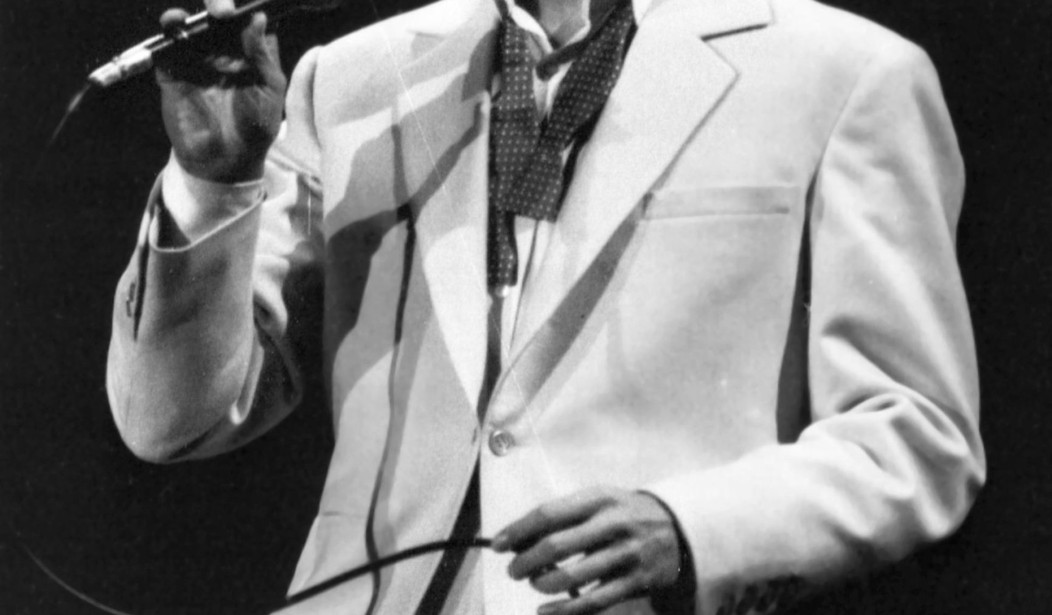He’s outrageous, he screams and he bawls
Jean Genie, let yourself go
How do you recap the career of the man who was Major Tom, Ziggy Stardust, Aladdin Sane, and the Thin White Duke? How do you sum up the music of the man who invented Glam, who recorded Alt Rock before there was an alternative scene, who with Brian Eno helped invent electronica, the Englishman who recorded great big blue-eyed soul like a Philly native, the pop crooner of twisted love songs, the hard rock frontman of Tin Machine, and who fought off his own death just long enough to release one final and haunting album? How do you define a human being whose personal life stretched from the darkest sex & drug days of the ’70s to a long and happy marriage to one of the most beautiful women in the world, from rumored dalliances with Mick Jagger to being a devoted and private family man?
It can’t be done. The best I can do is repeat what I already wrote in the headline:
Bowie.
Although his many personas did each have one thing in common, best summed up by Ace of Spades.
Apart from being a rock great, David Bowie had so many opportunities to be annoying and dreadful, but declined almost all of them.
— The Scandalous DJT (@AceofSpadesHQ) January 11, 2016
How important was David Bowie? Without Bowie:
• Classic rock loses its trippiest writer and performer.
• Glam, Goth, Ambient, and Electronica might never have happened.
• Bowie opened the door musically and conceptually for other British acts like Dire Straits, Elvis Costello, The Police, The Cure, Gary Numan, and Billy Idol. All have left huge marks on popular music, and all owe huge a debt to Bowie.
To me personally, perhaps Bowie’s most important contribution to rock’n’roll is that he was the first one to lend it an elegance it had previously lacked. All the makeup and costumes in the world couldn’t disguise the English gentleman inside the boy from Brixton.
Let’s dance, for fear your grace should fall
Let’s dance, for fear tonight is all
My introduction to David Bowie was slightly belated. I was buying my own albums by the late ’70s, but my tastes at the time were limited mostly to Pop and R&B — what we’d now call Classic Rock didn’t figure much into my listening. In the early ’80s Bowie had reinvented himself yet again as a besuited pop crooner, and yet again took the world by storm with Let’s Dance and the associated Serious Moonlight Tour. The hit singles included the title song, “Modern Love,” the notorious “China Girl,” and the album version of the erotically spooktacular “Cat People (Putting Out The Fire)” he’d recorded for the 1982 Paul Schrader remake of the 1942 horror classic.
Whew — that’s a lot for just one album, and I didn’t even get a chance to mention my favorite non-hit cut, “Without You.”
That was 1983. By the time I was out of high school four years later, I owned all of his albums. Since then I’ve bought every new one the day they were released.
And there’s never gonna be enough money
And there’s never gonna be enough drugs
And I’m never ever gonna get old
That lyric comes from “Never Get Old” off of 2003’s Reality. The supporting tour would be his last, and as best I can recall after that tour is when rumors began about his health.
His penultimate album came out barely three years ago, without warning and without any promotion by Bowie. No TV appearances, no radio shows, no concerts, no nothing. It’s just that one day there wasn’t a new Bowie album, and the next day there was one. The album is titled The Next Day. If it failed to generate any breakout hit singles, overall it is a solid, listenable work from start to finish. Bowie was in his mid-60s when he wrote and recorded The Next Day, and he was still experimenting with new sounds and new takes. If you don’t already own it, at least treat yourself to “Love Is Lost” and “(You Will) Set The World On Fire.”
Say goodbye to the thrills of life
When love was good, when love was bad
Wave goodbye to the life without pain
Say hello, your beautiful girl
His latest, Blackstar, sits here on my desk unopened. It arrived from Amazon on Friday while I was out of town, and I’d been looking forward to giving it a dedicated listen this afternoon. This morning I awoke to the news that Bowie was dead, and in a purely selfish moment I wondered… what to do with Blackstar?
Listen to Bowie’s last album while still in shock that he’s gone? Would that somehow ruin the experience? Or since he worked so impossibly hard in his last months to make this album possible, did I somehow owe it to him, owe it to the music, to listen to it in a frame of mind as close as possible to Bowie’s when he recorded it?
Yes.
That.
This obituary is behind me, and Bowie’s final album is in front of me. It’s time to set aside the keyboard and pick up the headphones.
Something happened on the day he died
Spirit rose a metre and stepped aside
Somebody else took his place, and bravely cried
(I’m a blackstar, I’m a blackstar)










Join the conversation as a VIP Member